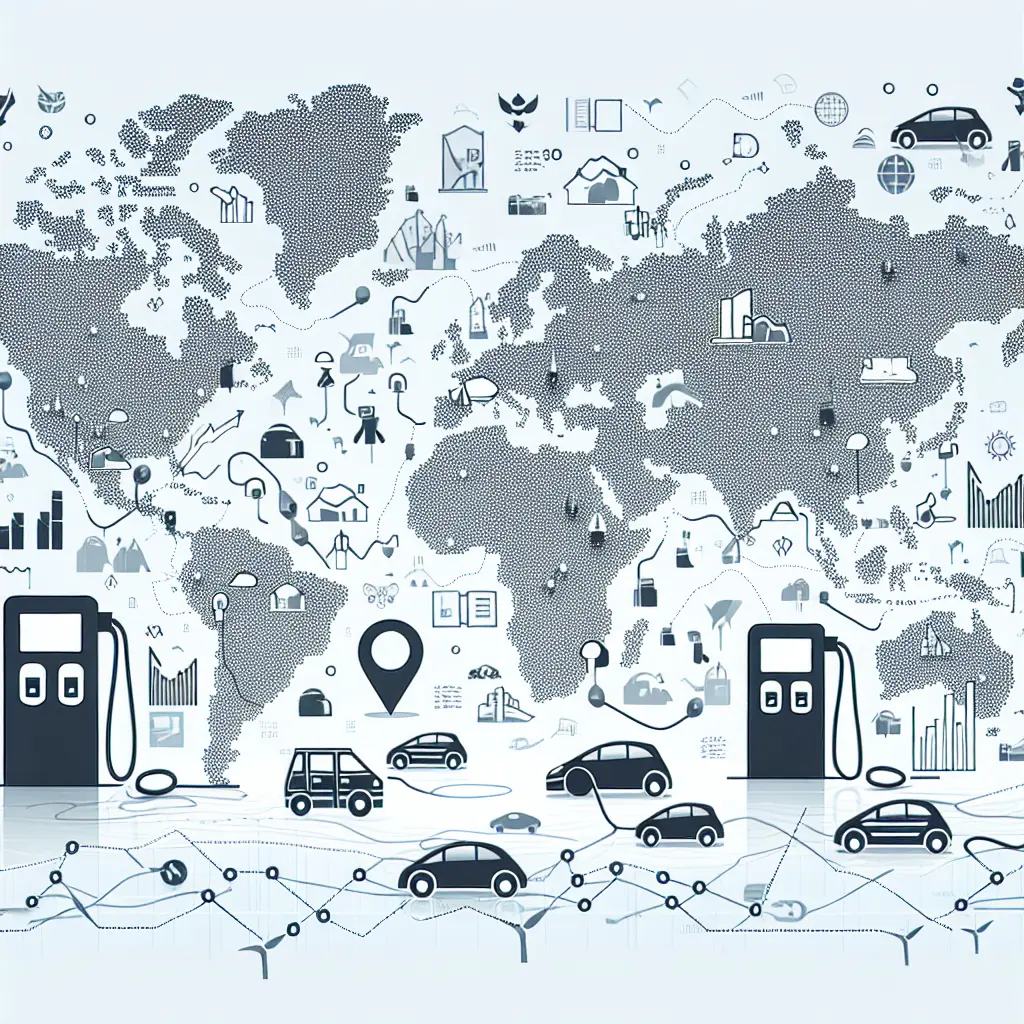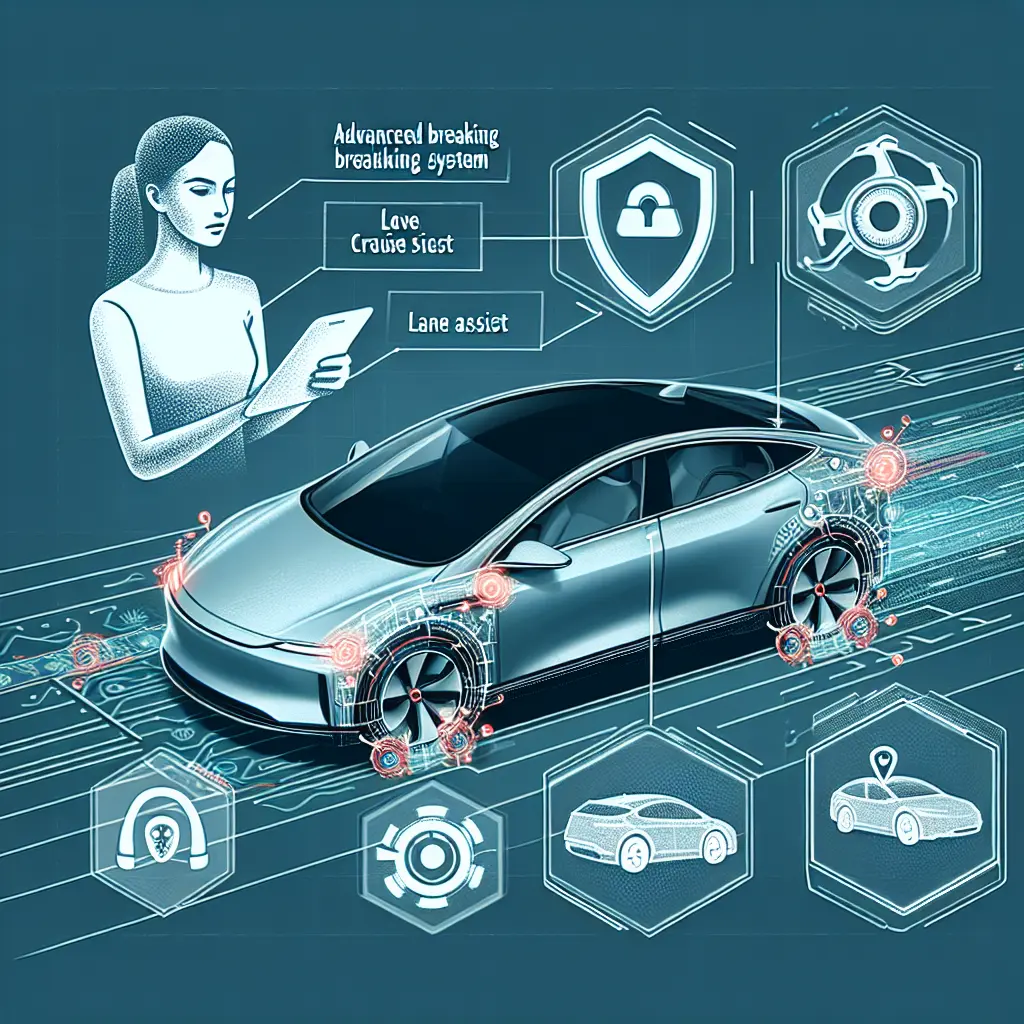In the bustling arena of the automotive industry, Tesla Inc. has not just been a participant but a chief provocateur, a veritable force of nature in the electric vehicle (EV) landscape. Through its strategic marketing, Tesla has redefined what it means to drive electric, combining luxury with sustainability and pushing the boundaries of what automotive technologies can achieve. Today, we delve into how Tesla's marketing strategies have revolutionized the electric vehicle industry and set new benchmarks for eco-friendly transportation.
Tesla's approach to marketing is as innovative as its technology. Eschewing traditional advertising, Tesla utilizes its CEO Elon Musk's charisma and social media presence to create buzz and anticipation. Tesla’s marketing strategies are built around creating an aspirational brand without relying heavily on paid advertising; instead, they focus on word-of-mouth and media coverage. This method not only cuts costs but also enhances the allure around its new releases and technological advancements.
The cornerstone of Tesla's success lies in its relentless pursuit of innovation. Each model released comes equipped with cutting-edge technology that promises efficiency, safety, and a zero-emissions footprint, aligning with the growing global demand for sustainable transportation options.
The electric vehicle industry has been booming, a trend largely catalyzed by Tesla’s entry and success. Tesla’s market disruption began with the launch of its Roadster, and subsequently, its more affordable Model 3, which broadened the market base from luxury car buyers to more price-sensitive consumers. This strategic market expansion has not only spurred electric vehicle demand but also compelled traditional automakers to accelerate their shift to electric.
In terms of electric car marketing, Tesla’s strategy has been pivotal. By positioning its vehicles as both desirable and environmentally friendly, Tesla has tapped into the eco-conscious consumer market effectively. Their marketing narratives often highlight how electric vehicles offer a cleaner alternative to traditional gasoline-powered cars, appealing to consumers who are keen on reducing their carbon footprint.
Tesla Branding Techniques and Tesla Advertising Methods
Tesla’s branding techniques are subtle yet impactful. The brand consistently communicates its core values of innovation and sustainability through every customer touchpoint, from its minimalist store layouts to its user-friendly website. The emphasis on sleek, high-performance electric vehicles as part of a sustainable lifestyle is a recurring theme that resonates with a modern audience.
Unlike other car manufacturers that spend billions on advertising, Tesla’s advertising methods are predominantly digital and organic. Elon Musk's tweets or announcements generate significant media coverage and public interest, functioning as free advertising. Tesla also capitalizes on high-profile collaborations and appearances in pop culture, keeping the brand in public discourse.
Tesla’s consumer engagement is exemplary, driven by an active online community and supported by excellent customer service. Tesla owners are often brand ambassadors, sharing their experiences and participating in forums and social events. This level of engagement not only fosters loyalty but also attracts new customers looking for more than just a car but a part of the zero emission movement.
The push towards zero emission vehicles is at the heart of Tesla’s mission. Each vehicle sold brings us closer to a future where our roads are dominated by electric cars, reducing the carbon footprint of the transportation sector significantly.
Eco-Friendly Cars and Sustainable Transportation
The shift toward eco-friendly cars is arguably led by Tesla. By making electric cars appealing and accessible, Tesla has played a crucial role in promoting sustainable transportation. The environmental benefits of electric vehicles are significant, including reduced greenhouse gas emissions and lower air pollutants.
Tesla's influence on automotive industry trends is undeniable. It has set high standards in vehicle electrification, autonomous driving capabilities, and customer interaction. Furthermore, advancements in electric vehicle technology such as battery life improvement and charging infrastructure have received considerable boosts from Tesla’s innovations.
Tesla's entry into the automotive market disrupted established norms and challenged existing giants, which were initially slow to respond to the electric vehicle demand. This disruption has been beneficial for consumers and the environment alike, as it has led to more choices in the electric vehicle market and hastened technological advancements across the industry.
Tesla's sales tactics also deviate from the norm; it bypasses traditional dealerships via direct sales to consumers through its website and stores. This not only improves customer experience by eliminating middlemen but also gives Tesla greater control over its sales process.
In essence, Tesla’s integrated approach combining innovative products with smart marketing and an emphasis on sustainability has not only set it apart but also propelled the entire automotive industry forward. As we move towards a future where sustainable transportation is the norm, Tesla’s role in shaping this future cannot be understated.










Leave a Comment